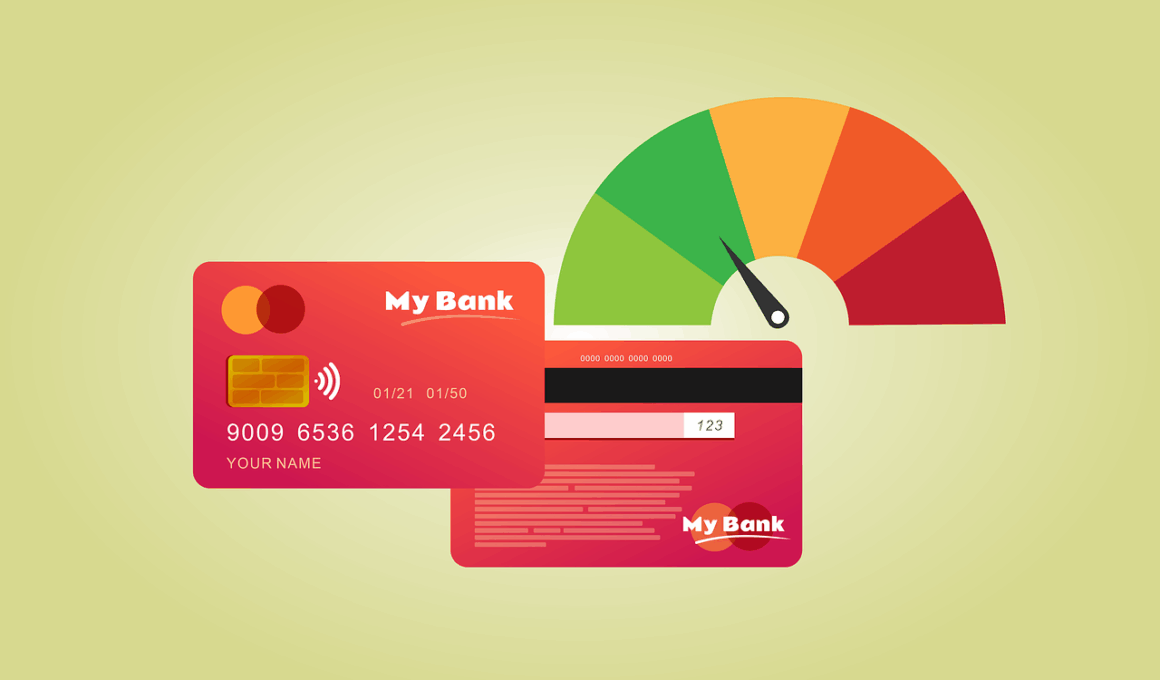How to Check Your Credit Report and Interpret Your Credit Score
Understanding the difference between your credit score and credit report is crucial for managing your finances effectively. Your credit score is a numerical representation of your creditworthiness, typically ranging from 300 to 850. It is influenced by factors such as payment history, credit utilization, length of credit history, types of credit, and recent inquiries. Conversely, your credit report is a detailed summary of your credit history, encompassing all your credit accounts, payment tendencies, bankruptcies, and other financial behaviors. It gives potential lenders a clear picture of your credit habits and responsibilities over time. To check your credit report, you can get a free copy from each of the three major credit bureaus—Experian, TransUnion, and Equifax—once a year. It’s essential to review your reports for inaccuracies or signs of identity theft that could negatively impact your score. Finally, if you’re resolving credit-related issues, comparing both the credit report and score will help you take strategic steps towards improving your overall financial health. Staying informed is a vital first step towards managing your credit effectively.
Where to Obtain Your Credit Report
There are several reliable methods to acquire your credit report. You can visit AnnualCreditReport.com, the only federally authorized site that provides free access to reports once a year. Additionally, you may contact the major credit bureaus directly by phone or through their websites. Each bureau will require personal details to verify your identity, including your Social Security number, address, and possibly some financial information. If you’re actively monitoring your credit in relation to a specific loan or mortgage application, consider subscribing to a credit monitoring service. These services often provide additional insights and alerts about changes in your credit report, which can be beneficial for timely decision-making. Some banks also offer credit report access as part of their services, making it easier to keep track of your financial standing. Ensure the services you choose are reputable and transparent about their practices. By regularly examining your credit reports, you can address potential issues early, making it easier to ensure you maintain a healthy credit score for future financial endeavors.
When analyzing your credit report, it’s crucial to understand the components that contribute to your credit score. Primarily, your payment history accounts for 35% of your score, highlighting your reliability in making payments on time. Following this, your credit utilization, which is 30% of your score, reflects how much of your available credit limits you are using. Keeping your credit utilization ratio below 30% is generally recommended to boost your score. The length of your credit history counts for 15%, showcasing how long your accounts have been open. A longer credit history tends to be favorable for potential lenders. Additionally, the mix of credit types accounts for 10%, meaning having a balance of revolving and installment credit can be advantageous. Lastly, recent inquiries into your credit, which plays a role in the remaining 10%, can negatively affect your score if there are too many within a short period. Understanding these elements is vital for interpreting your score effectively and strategizing improvements where necessary.
Regularly checking your credit score is equally important as reviewing your credit report. You can obtain your credit score for free through numerous financial institutions or credit score services. Many banks now provide customers with access to their credit scores, making it easier to track changes over time. Additionally, websites like Credit Karma and Credit Sesame offer free access to your score along with scores from various bureaus. Keep in mind that different scoring models may lead to variations in scores so ensure you’re checking the same model consistently for tracking purposes. A good credit score is generally considered to be above 700, although each lender may have their own standards for what they deem acceptable. As you review your score regularly, it becomes easier to gauge the effects of your financial actions and make adjustments accordingly. Promptly addressing issues or inquiries that may lower your score can help you maintain a strong credit profile for future financial opportunities.
Steps to Improve Your Credit Score
If you find your credit score is less than ideal, there are several actionable steps you can take to improve it. First, ensure that all your bills are paid on time. Setting up automatic payments or reminders can help you avoid late fees and negative marks on your credit report. Additionally, consider paying down existing debts, especially those that contribute significantly to your credit utilization ratio. Aim to keep this ratio below 30% for optimal results, as your credit utilization directly affects your score. Disputing inaccuracies on your credit report is also essential. If you find errors, document your findings and contact the credit bureau to correct them. Furthermore, refrain from opening new credit accounts excessively, as multiple inquiries can negatively affect your score. As time passes, the impact of older inquiries lessens, so patience is key. Finally, consider becoming an authorized user on a responsible person’s credit card account to benefit from their good payment history. These steps can help you gradually build and maintain a robust credit score for the future.
Understanding the specifics of your credit report also means knowing how to read the various sections presented. Typically, a credit report is structured into detailed segments, including personal information, account history, and public records. Your personal information section contains your name, social security number, address, and, in some cases, previous addresses. The account history section will show all open and closed accounts, the type of credit (installment or revolving), payment history, current balances, and credit limits. Lastly, the public records include bankruptcies, liens, and foreclosures, which can have a significant negative impact on your credit score. Moreover, it’s important to note that all these factors interact cumulatively to influence your overall score. Familiarizing yourself with the language and terms used in your report allows you to decipher and make informed decisions regarding your financial behavior. This understanding is crucial not just for maintaining a good score but for future applications where credit history is evaluated, influencing approval rates and terms significantly.
The Impact of Credit Scores on Financial Health
Your credit score carries substantial weight in determining your financial health and future. High credit scores typically lead to better loan terms, including lower interest rates, thus reducing the overall cost of borrowing. Conversely, low credit scores can result in higher rates or even denial of service in some cases. Insurance companies are increasingly using credit scores to determine premiums, impacting your rates in multiple areas of your life. Landlords may even check your score when deciding whether to rent to you, affecting your housing options. Moreover, having a high credit score opens doors for various financial products and rewards programs that may not be available to those with scores below a certain threshold. This showcases how vital it is not just to understand your credit report and score but to actively work towards maintaining or improving them. With a solid score, you can save money, gain access to desirable loans, and achieve greater financial stability. Therefore, consider prioritizing your credit health as you would any other crucial aspect of your personal finances for long-term success.
In conclusion, knowing how to check your credit report and accurately interpret your credit score is essential. Regular reviews and understanding the impacts both can have on financial options empower you to make informed decisions. From monitoring debts to understanding discrepancies and taking corrective action, all these factors contribute to your creditworthiness. Your credit score influences not only loan and interest rates but also your daily life, affecting your ability to rent homes or obtain insurance plans. By routinely accessing your credit report and score, becoming proactive about your financial habits, and addressing potential issues, you are better positioned for future opportunities. Commit to continual learning about credit health and utilize the resources available, including credit counseling if necessary. With diligence and effort, you can stay ahead of your financial obligations and ensure a bright financial future. Your credit health should be a priority, and by taking ownership of it, you secure better pathways for your life. Finally, consider sharing your knowledge with others, so they too can navigate their credit scores and reports effectively.


